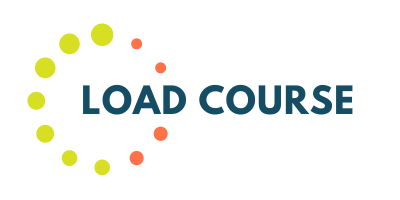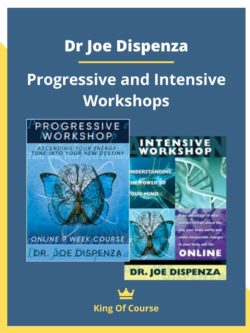Coursera – Drugs and the Brain
$229.00 Original price was: $229.00.$23.00Current price is: $23.00.
See all our reviews
Coursera – Drugs and the Brain
Sale Page: Coursera – Drugs and the Brain
Original price: $229.00
You just pay: $23.00
Status: Instant Delivery
TERMS OF SALE
After you make payment, we will send the link to your email then you can download the course anytime, anywhere you want. Our file hosted on Pcloud, Mega.Nz and Google-Drive
KING OF COURSE – The Difference You Make
More Courses: NLP & Hypnosis
Reviews
There are no reviews yet
Be the first to review “Coursera – Drugs and the Brain” Cancel reply
Q & A
Ask a question
There are no questions yet
Related products
Sale!
Health & Fitness
Sale!
Sale!
NLP & Hypnosis
Sale!
Health & Fitness
Rated 5.00 out of 5
Sale!
NLP & Hypnosis
Sale!
NLP & Hypnosis
Sale!
Sale!
Health & Fitness













Archive : Coursera – Drugs and the Brain
The neuroscience of drugs for therapy, for prevention, and for recreation. Drug addiction and drug abuse. You learn the prospects for new generations of medications in neurology, psychiatry, aging, and treatment of substance abuse.
About the Course
What happens in the body when a person smokes a cigarette? After several weeks of smoking? When a person takes antidepressant or antipsychotic medication? A drug for pain, migraine, or epilepsy? A recreational drug? Neuroscientists are beginning to understand these processes. You’ll learn how drugs enter the brain, how they act on receptors and ion channels, and how “molecular relay races” lead to changes in nerve cells and neural circuits that far outlast the drugs themselves. “Drugs and the Brain” also describes how scientists are gathering the knowledge required for the next steps in preventing or alleviating Parkinson’s, Alzheimer’s, schizophrenia, and drug abuse.
Course Syllabus
Week 1. Beginning 4 January 2014
Introduction and summary of the course. What is a drug? Types of drug molecules. Drug entry into nervous system. Drug receptors. Introduction to mammalian brains. Botulinum toxin. Origin of the resting potential. Electrophysiology.
Week 2. Beginning 11 January
Drugs activate ion channels. Drugs block ion channels. Drugs activate and block G protein pathways.
Week 3. Beginning 18 January
Drugs block neurotransmitter transporters. Pharmacokinetics. Recreational drugs
Week 4. Beginning 25 January
Drug addiction and Drug abuse.Nicotine Addiction.Opiate Addiction.
Week 5. Beginning 1 February
Drugs for neurodegenerative diseases: Alzheimer’s disease, Parkinson’s disease.
Week 6. Beginning 8 February
Drugs for epilepsy and migraine. Drugs for anxiety.
Week 7.Beginning 15 February
Drugs for psychiatric diseases: Depression, Bipolar Disorder, Schizophrenia. Prospects for better drugs.
Recommended Background
Neuroscience, the most interdisciplinary science of the 21st century, receives inputs from many other fields of science, medicine, clinical practice, and technology. Previous exposure to one or more of the subjects listed in “Suggested Readings” will provide a good vantage point, as we introduce material from these subjects.
Content:
Week_1._Organization_and_Overview_2_miniLectures
Week_1._Introductory_concepts_9_miniLectures
Week_2._Dose-response_Relations_3_miniLectures
Week_2._Synapses_5_miniLectures
Week_2._Channel_Blockers_2_miniLectures
Week_3._G_protein_pathways_5_miniLectures
Week_3._Neurotransmitter_transporters_2_miniLectures
Week_3._Recreational_Drugs_3_miniLectures
Week_4._Nicotine_Addiction_5_miniLectures
Week_4._Opiate_Addiction_4_miniLectures
Week_5._Alzheimers_Disease_3_miniLectures
Week_5._Parkinsons_Disease_5_miniLectures
Week_6._Pharmacokinetics_and_Metabolism_5_miniLectures
Week_6._Classifying_Psychiatric_Diseases_1_miniLecture
Week_6._Anxiety_Disorders_4_miniLectures
Week_7._Drugs_for_Major_Depressive_Disorder_4_miniLectures
Week_7._Drugs_for_Bipolar_Disorder_3_miniLecture
Week_7._Drugs_for_Schizophrenia_4_miniLectures
Week_7._Wrap-Up_1_miniLecture